The expression "f (x)" means "a formula, named f, has x as its input variable" It does not mean "multiply f and x "!Derivative definition The derivative of a function is the ratio of the difference of function value f (x) at points xΔx and x with Δx, when Δx is infinitesimally small The derivative is the function slope or slope of the tangent line at point xSwitch the x's and y's At this point you are dealing with the inverse;
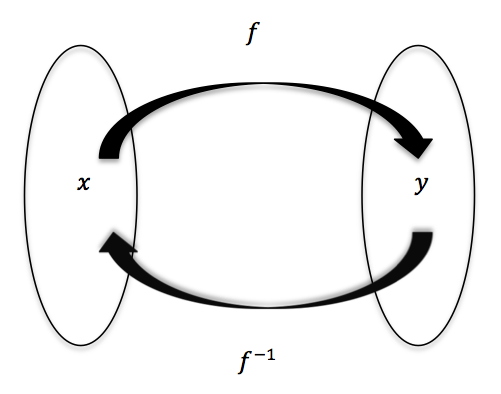
Functions And Their Inverses Worked Examples
F(x)=ab^x meaning
F(x)=ab^x meaning-Definition Unter einer Stammfunktion einer reellen Funktion versteht man eine differenzierbare Funktion , deren Ableitungsfunktion ′ mit übereinstimmt Ist also auf einem Intervall definiert, so muss auf definiert und differenzierbar sein, und es muss für jede Zahl aus gelten ′ = () Existenz und Eindeutigkeit Jede auf einem Intervall stetige Funktion , → besitzt eine StammfunktionGiven a function f (x) f(x) f (x) and a real number a, a, a, we say lim x → a f (x) = ∞ \lim_{x\to a} f(x) = \infty x → a lim f (x) = ∞ If the function can be made arbitrarily large by moving x x x sufficiently close to a, a, a,
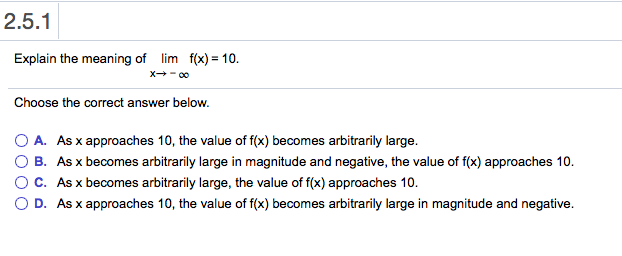



2 5 1 Explain The Meaning Of Lim F X 10 Choose The Chegg Com
Definition 86 Total Differential Let \(z=f(x,y)\) be continuous on an open set \(S\) Let \(dx\) and \(dy\) represent changes in \(x\) and \(y\), respectivelyLet f(x)ℝ→ℝ be a realvalued function y=f(x) of a realvalued argument x (This means both the input and output are numbers) Graphic meaning The function f is a surjection if every horizontal line intersects the graph of f in at least one point Analytic meaning The function f is a surjection if for every real number y o we can findDon't embarrass yourself by pronouncing (or thinking of) " f ( x ) " as being " f times x ", and never try to "multiply" the function name with its parenthesised input
} In main you can use likeLet f (x) f(x) f (x) be a function defined on an open interval around x 0 x_0 x 0 (f (x 0) \big(f(x_0) (f (x 0 ) need not be defined) \big) We say that the limit of f ( x ) f(x) f ( x ) as x x x approaches x 0 x_0 x 0 is L L L , ieF (x) basically means y, and f' (x) means dy/dx The x can have a value, so for example, f (x) = 2x 1, then f (1) = 3 that is as good as I can explain it!!!
Example 4 The function f(x) = x 2 / (x 2 1), x≥0 The restriction is important to make it 11 Start with the function f(x) = x 2 / (x 2 1Replace y with f1 (x) if the inverse is also a function, otherwise leave it as y;Replace f(x) by y if necessary;




B Value Definition Explanation Video Lesson Transcript Study Com




Find F X Using The Definition Of The Derivative W Gauthmath
X the inputs, factors or whatever is necessary to get the outcome (there can be more than one possible x) F the function or process that will take the inputs and make them into the desired outcome;Definition Sei eine Menge und → eine FunktionDann heißt ein Punkt Fixpunkt, falls er die Gleichung = erfüllt Anmerkungen Ist → eine lineare Abbildung auf dem Vektorraum, dann nennt man die Fixpunkte von auch FixvektorenDa jede lineare Abbildung den Nullvektor auf sich selbst abbildet, ist der Nullvektor immer ein Fixvektor Wenn es neben dem Nullvektor noch weitereIt is a different way of writing "y" in equations, but it's much more useful!



The Epsilon Delta Definition Of A Limit
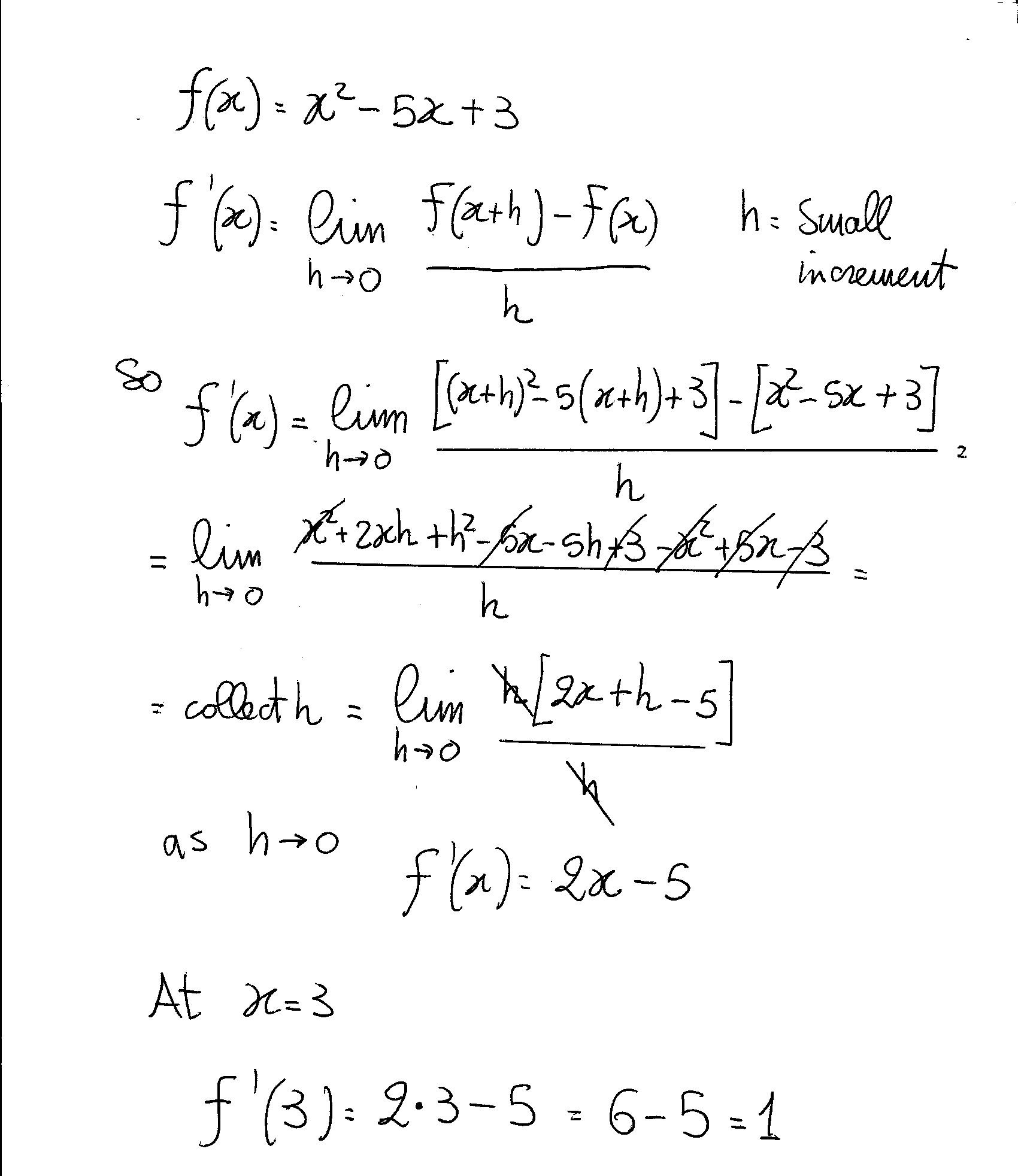



How Do You Find F 3 Using The Limit Definition Given F X X 2 5x 3 Socratic
Example f (x) = 2x3 and g (x) = x2 "x" is just a placeholder To avoid confusion let's just call it "input" f (input) = 2 (input)3 g (input) = (input)2 Let's start (g º f) (x) = g (f (x)) First we apply f, then apply g to that result (g º f) (x) = (2x3) 2Decide whether $f(x)=x$ is bounded above or below on the interval $0,a$ where $a$ is arbitrary, and whether the function takes on it's maximum or minimum value within that same interval This question is very straightforward, assuming $x=x$ But if that is the case, then the choice of notation is very strangeShow more Tbh thats about as good as most people would be able to do and i didnt know that f' (x) was dy/dx 0



Calculus Limit Function Take The Limit As X Approaches




Derivative Of F X 1 X Using The Limit Definition Youtube
F ( x h) − f ( x) in such a way that we can divide it by h To sum up The derivative is a function a rule that assigns to each value of x the slope of the tangent line at the point ( x, f ( x )) on the graph of f ( x ) It is the rate of change of f ( x) at that pointWhen we first got introduced a function composition we looked at of actually evaluating functions at a point or compositions of functions at a point what I want to do in this video is come up with expressions that define a function composition so for example I want to figure out what is f of G of X f of G of X and I encourage you to pause the video and try to think about it on your own well GWhich means f '(a) = 2a What about the derivative of f(x) = x nSimilar calculations, using the binomial expansion for (xy) n (Pascal's Triangle), yield



Faculty Math Illinois Edu Hildebr 370 408discrete1 Pdf
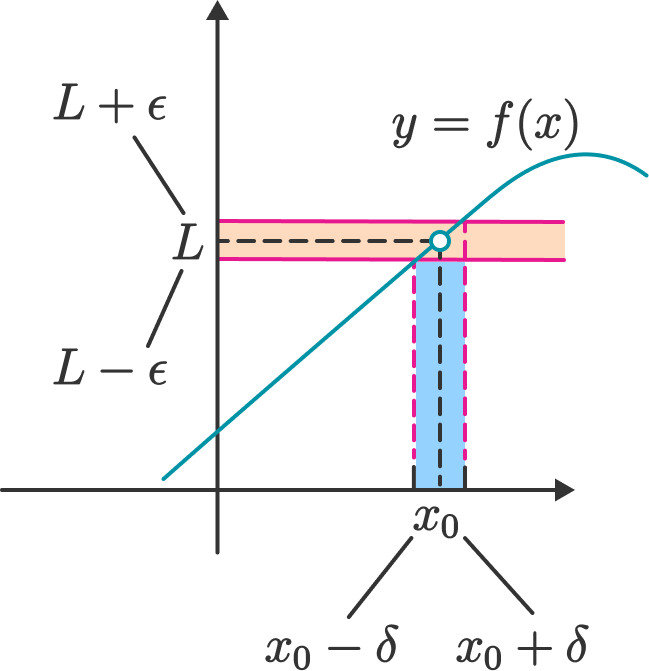



Epsilon Delta Definition Of A Limit Brilliant Math Science Wiki
// other definition } X f () { X x; In order to find what value (x) makes f (x) undefined, we must set the denominator equal to 0, and then solve for x f (x)=3/ (x2);Modifier modifier le code modifier Wikidata En mathématiques , la fonction exponentielle est la fonction notée exp qui est égale à sa propre dérivée et prend la valeur 1 en 0 Elle est utilisée pour modéliser des phénomènes dans lesquels une différence constante sur la variable conduit à un rapport constant sur les images Ces phénomènes sont en croissance dite



Www Jstor Org Stable
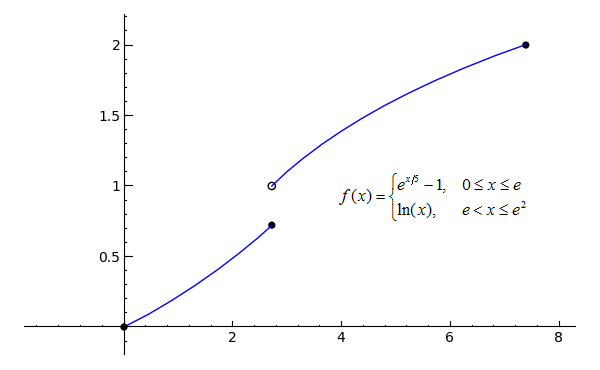



Sage Calculus Tutorial Continuity
The abbreviation f(x) (French) means "fon Here's a list of examples and english translations for f(x) The partial derivative of f with respect to x is fx(x, y, z) = lim h → 0f(x h, y, z) − f(x, y, z) h Similar definitions hold for fy(x, y, z) and fz(x, y, z) By taking partial derivatives of partial derivatives, we can find second partial derivatives of f with respect to zDéfinition formelle Soit {;} Soient f et g deux fonctions de la variable réelle xOn suppose que g ne s'annule pas sur un voisinage de aOn dit que f est équivalente à g en a, ou que g équivaut à f en a, et on note → (), lorsque () = → (())Exemple → Domination La notation grand O de Landau dénote le caractère dominé d'une fonction par rapport à une autre
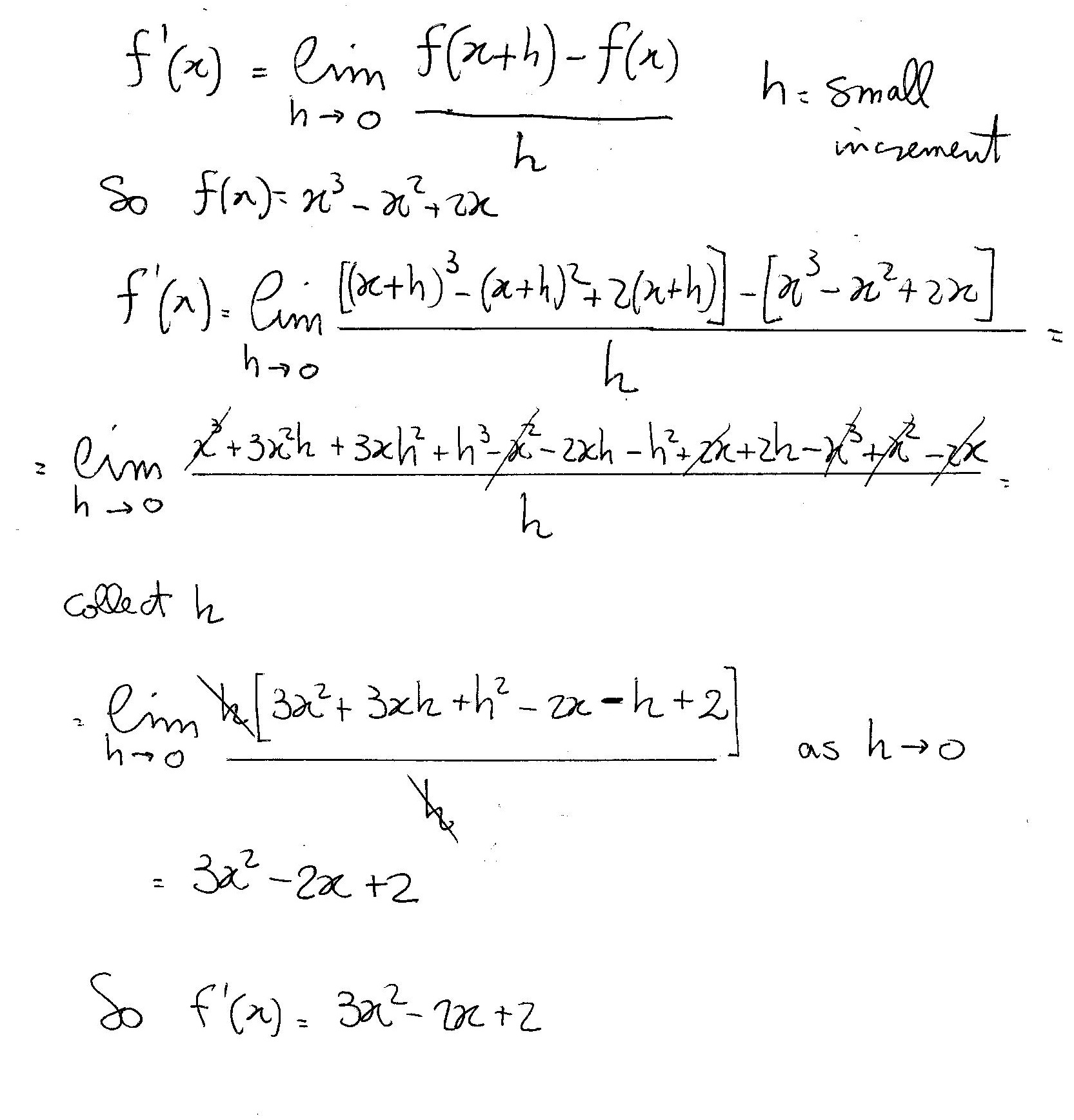



How Do You Use The Limit Definition To Find The Derivative Of F X X 3 X 2 2x Socratic




Composite Function Definition Examples Video Lesson Transcript Study Com
If F(x)=x has no real solution then also F(F(x)=x has no real solutionShow that f is differentiable at x=1, ie, use the limit definition of the derivative to compute f'(1) Click HERE to see a detailed solution to problem 9 PROBLEM 10 Assume that Show that f is differentiable at x=0, ie, use the limit definition of the derivative to compute f'(0) Click HERE to see a detailed solution to problem 10 The first derivative of a function See calculus




Example 13 Define Function Y F X X 2 Complete The Table




What Does F X Mean Youtube
Use the definition to find the derivative of f (x) = a x^2 bx c Solution to Example 2 We first find difference quotient \dfrac {f (xh)f (x)} {h} = \dfrac {a (x h)^2 b (x h) c ( a x^2 b x c )} {h} Expand the expressions in the numerator and group like terms = \dfrac {a x^2 2 a x h a h^2 b x b h c a x^2 b x 1 #define square (X) (x* (x)) is a macro, therefore the compiler replaces the macro with the code square (x3) = x3* (x3) = 53* (53) = 53* (8) = 29 Share Improve this answer edited Feb 2 '13 at 1439 leemesGraph f (x)=x Find the absolute value vertex In this case, the vertex for is Tap for more steps To find the coordinate of the vertex, set the inside of the absolute value equal to In this case, Replace the variable with in the expression The absolute value is the distance between a number and zero The distance between and is



Calc 1 F X 0 If X 0 What Does This Mean Physics Forums



Derivative Of E X Wyzant Lessons
I'm looking for the meaning of "f(x)"? What's the definition of Fx and Fx, where F is a field?Simply put, the Y=f(x) equation calculates the dependent output of a process given different inputs
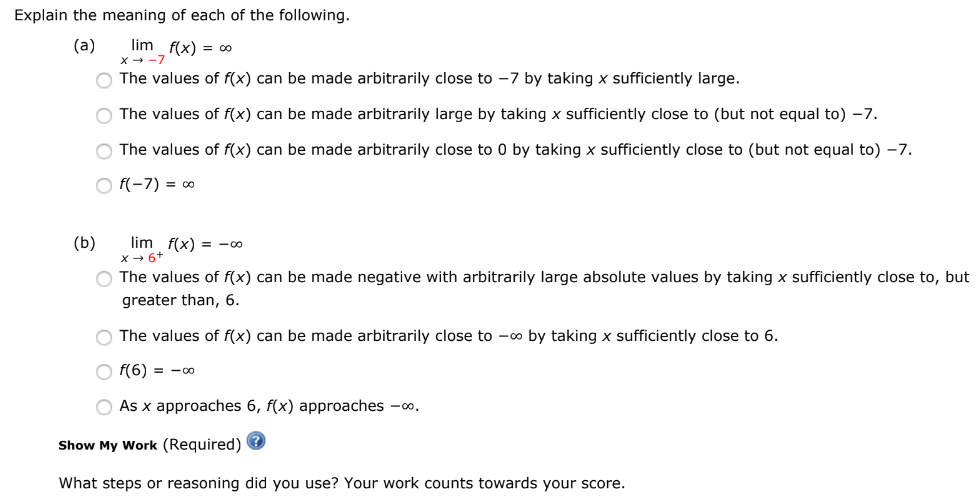



Answered Explain The Meaning Of Each Of The Bartleby



Inflection Points
Symbol Symbol Name Meaning / definition Example;F/X Also found in Dictionary, Financial, Encyclopedia, Wikipedia Acronym Definition F/X Effects F/X Foreign ExchangeA zombie face emoticon The f's represent hands
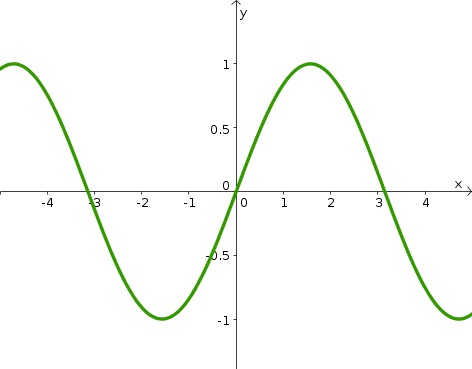



Surfaces As Graphs Of Functions Math Insight
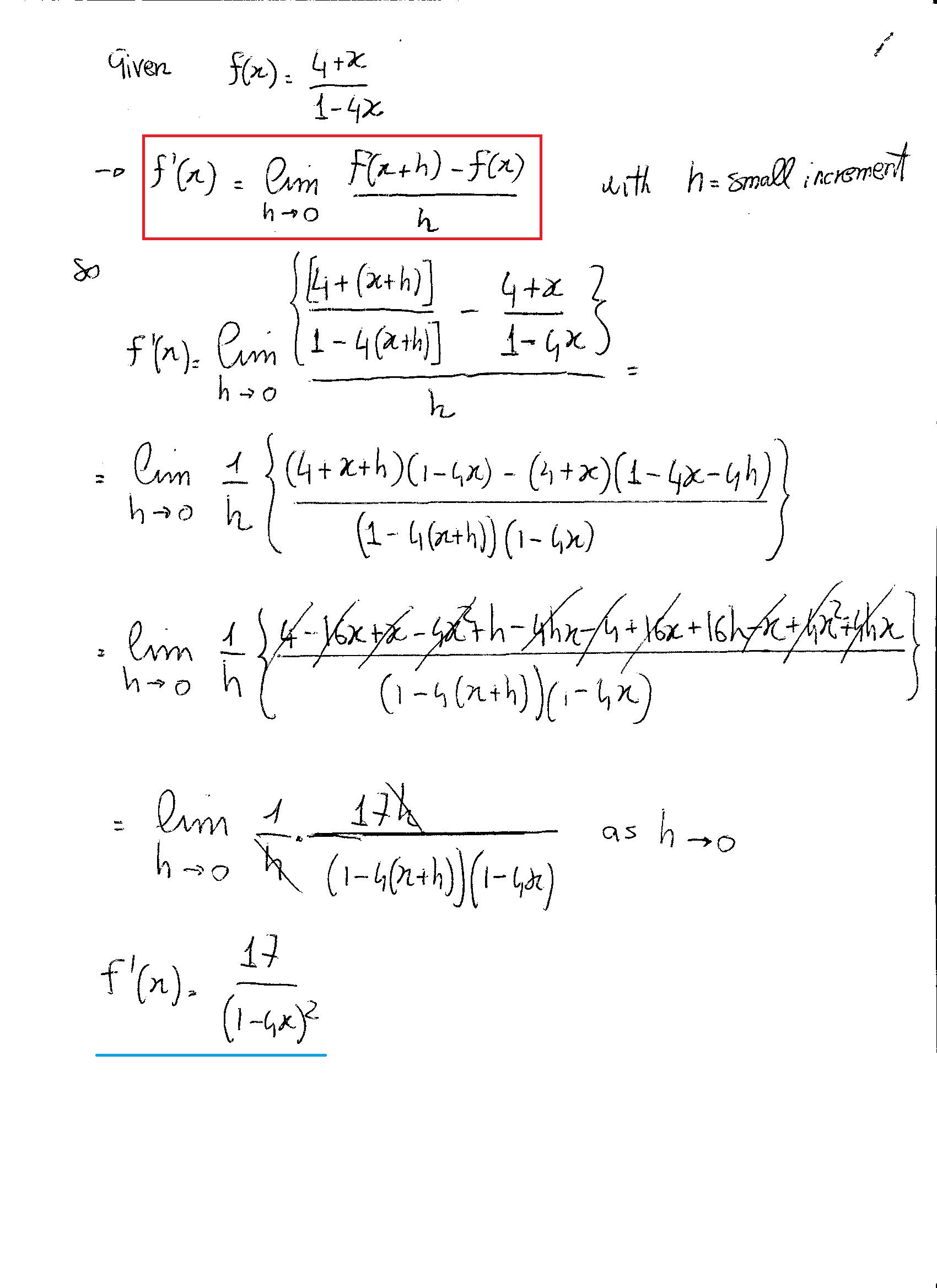



How Do You Find F X Using The Definition Of A Derivative For F X 4 X 1 4x Socratic
F (x) is a function g from the reals to the reals, whose domain is the set of the reals x, such that f(x) ≠ 0 The range of a function is the set of the images of all elements in the domain However, range is sometimes used as a synonym of codomain, generally in old textbooksAll equations of the form ax^ {2}bxc=0 can be solved using the quadratic formula \frac {b±\sqrt {b^ {2}4ac}} {2a} The quadratic formula gives two solutions, one when ± is addition and one when it is subtraction The quadratic formula gives two solutions, one when ± is addition and one when it is subtraction Square 3 Square −3 For the function f (x) = xn, n should not equal 0, for reasons which will become clear n should also be an integer or a rational number (ie a fraction) The rule is f (x) = xn ⇒ f '(x) = nxn−1 In other words, we "borrow" the power of x and make it the coefficient of the derivative, and then subtract 1 from the power



Renethajb Files Wordpress Com 19 09 1 Function Dcs Part 3 Discrete Module 1 Cs 1 Pdf
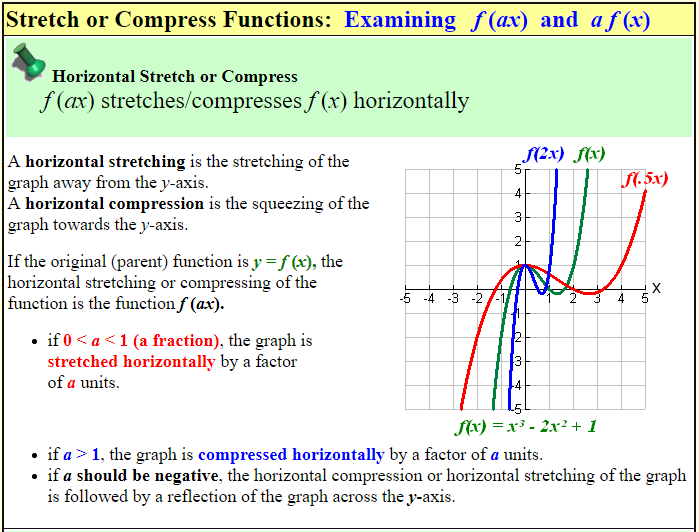



Shifting And Stretching Graphs The Math Doctors
So f (x) shows us the function is called " f ", and " x " goes in And we usually see what a function does with the input f (x) = x2 shows us that function " f " takes " x " and squares it Example with f (x) = x2 an input of 4 becomes an output of 16 In fact we can write f (4) = 16A market for the trading of currencies For example, one may buy dollars or sell pounds on a forex market Foreign exchange is one the largest and most liquid markets in the world Trading occurs overthecounter, and most of the major players are governments, banks, and speculators Forex markets are often used in hedging strategiesI find it helps sometimes to think of a function as a machine, one where you give a number as input to the machine and receive a number as the output The name of the function is the input is x and the output is f (x), read " f of x" The output f (x) is sometimes given an
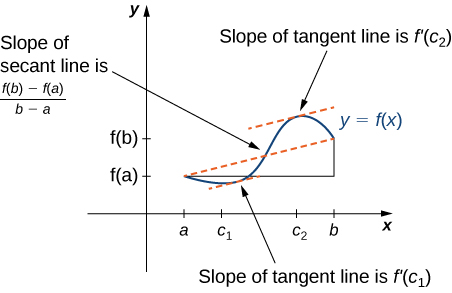



4 4 The Mean Value Theorem Calculus Volume 1
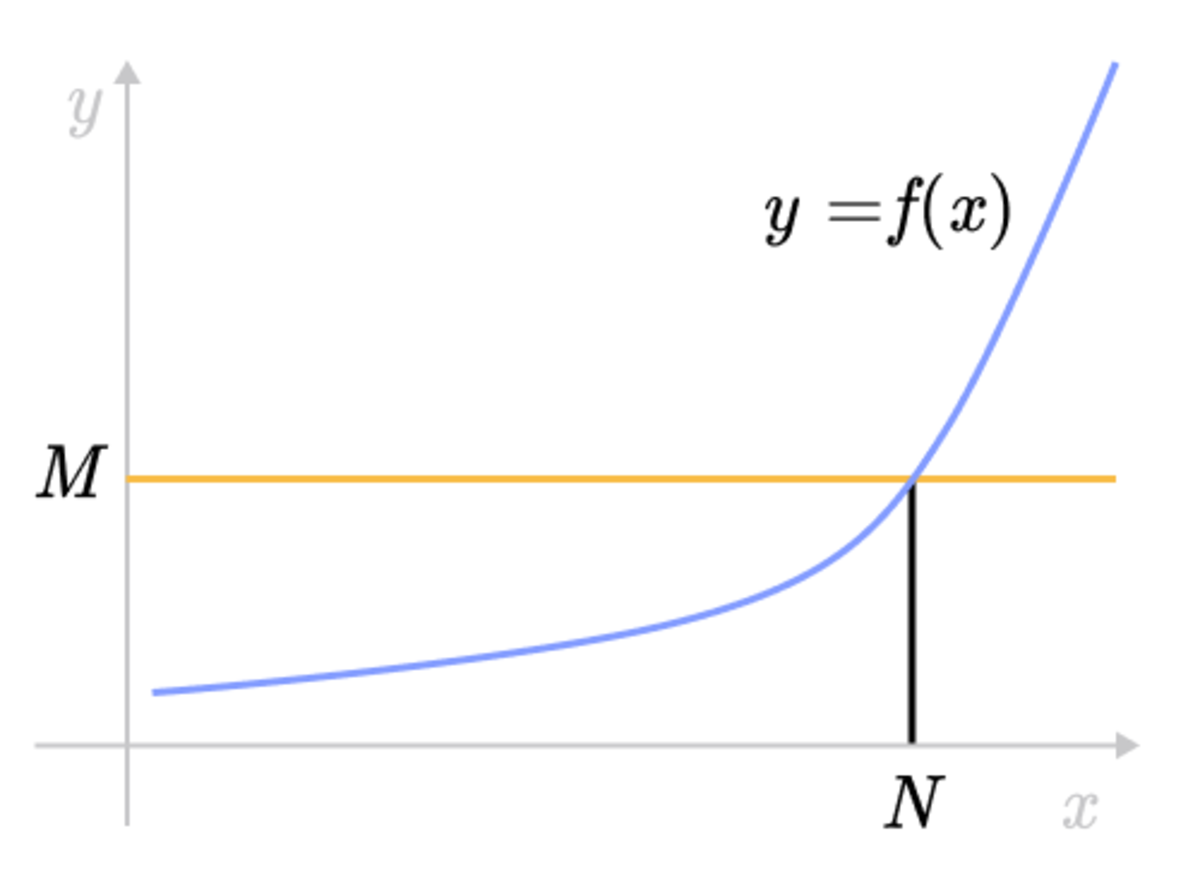



Epsilon Delta Definition Of A Limit Brilliant Math Science Wiki
// some more code return x;I know this might be a stupid question but I can't seem to find the answer anywhere linearalgebra notation fieldtheory Share Cite Follow edited Sep 26 '15 at 301 Thomas Andrews 1 asked Sep 26 '15 at 2 Explanation Let f (x) = √1 2x Then the derivative at x = a is defined as the following limit f '(a) = lim h→0 f (a h) −f (a) h = lim h→0 √1 2(a h) − √1 2a h = lim h→0 √1 2(a h) − √1 2a h ⋅ √1 2(a h) √1 2a √1 2(a h) √1 2a = lim h→0 √1 2(a h) − √1 2a h ⋅ √1 2(a h) √1 2a √1 2(a h) √1 2a
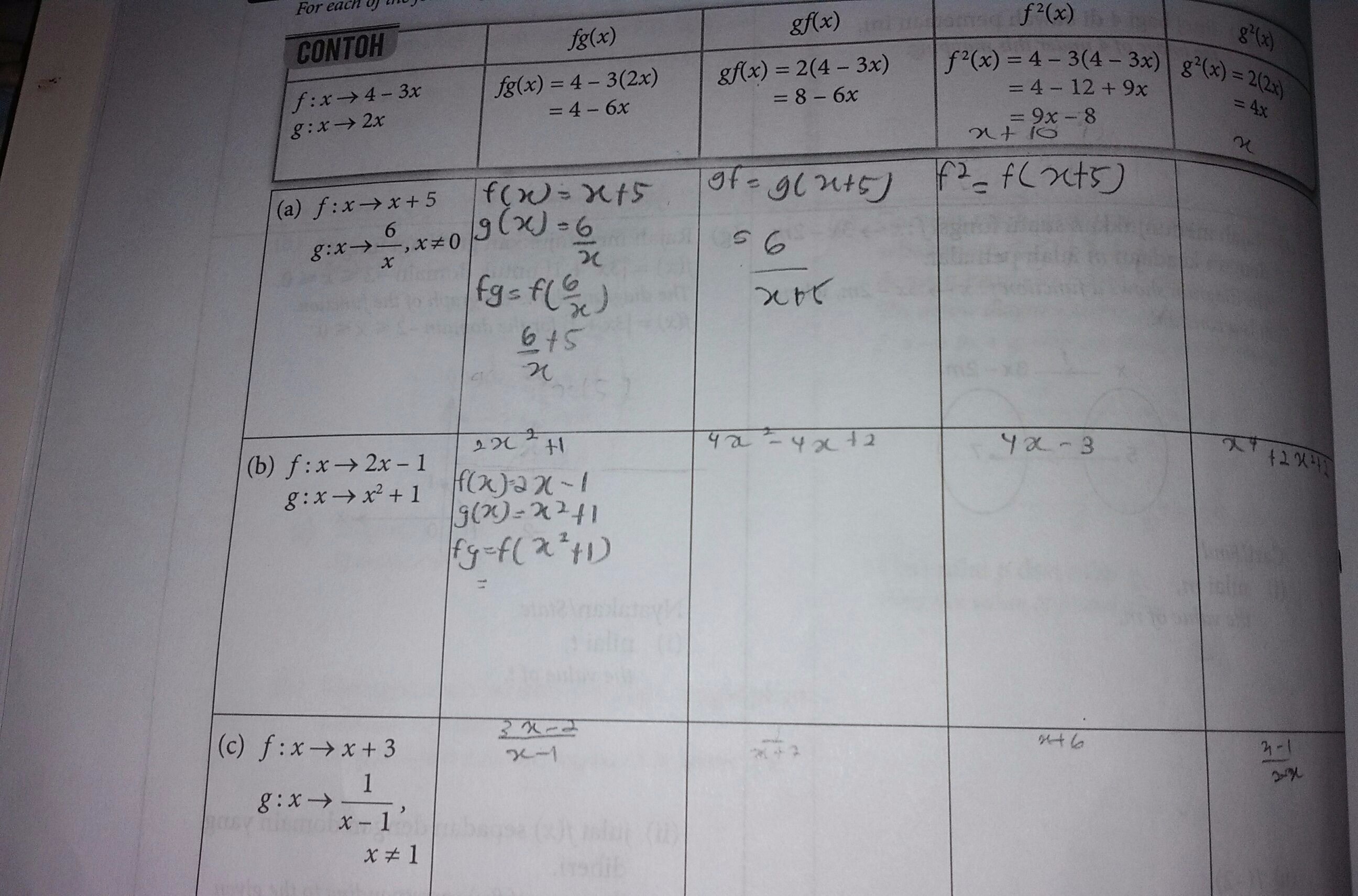



How To Solve Fg X Gf X F X G X For All Function In The Table Below Can Ask Manytutors
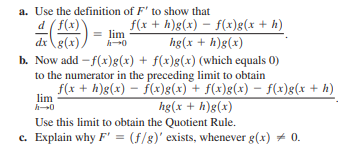



Answered A Use The Definition Of F To Show Bartleby
F 1 (x) is the standard notation for the inverse of f (x) The inverse is said to exist if and only there is a function f 1 with ff 1 (x) = f 1 f (x) = x Note that the graph of f 1 will be the reflection of f in the line y = x This video explains more about the inverse of a functionAnswered 2 years ago Upvoted by Quora User , master degree Mathematics (24) Author has 34K answers and 26M answer views f ( x) = x Function is giving the absolute value of x whether x is positive or negative See the y axis of graph which is f ( x) against x, as x axisExplanation In the relation , there are many values of that can be paired with more than one value of for example, To demonstrate that is a function of in the other examples, we solve each for can be rewritten as can be rewritten as can be rewritten as need not be rewritten




What Is A Derivative Visual Explanation With Color Coded Examples And Graphs A Derivative Is Simply
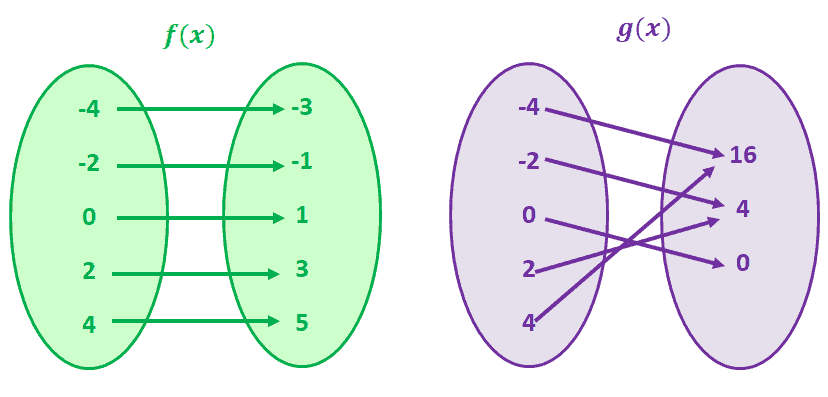



One To One Function Explanation Examples
^ ^ function return type function f () takes no arguments and returns a X class object for example its definition can be like class X { int i;The derivative of a function y = f(x) of a variable x is a measure of the rate at which the value y of the function changes with respect to the change of the variable x It is called the derivative of f with respect to x If x and y are real numbers, and if the graph of f is plotted against x, derivative is the slope of this graph at each point2 Its function declaration of name f X f ();
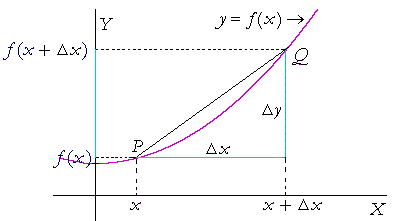



The Meaning Of The Derivative An Approach To Calculus




Meaning Of Phi In Spivak S Proof Of Inverse Function Theorem Mathematics Stack Exchange
How to find the composite functions fog(x) and gof(x)A composite function can be thought of as a result of a mathematical operation that takes two initial fuWe set the denominator,which is x2, to 0 (x2=0, which is x=2) When we set the denominator of g (x) equal to 0, we get x=0 So xX x variable unknown value to find when 2x = 4, then x = 2 ≡ equivalence identical to ≜ equal by definition equal by definition



What Is Calculus




Functions And Their Inverses Worked Examples
Composing Functions at Points Suppose you are given the two functions f ( x) = 2 x 3 and g ( x) = – x2 5 Composition means that you can plug g ( x) into f ( x) This is written as " ( f o g ) ( x) ", which is pronounced as " f compose g of x " And " ( f o g ) ( x) " means " f ( g ( x) )"A derivative is a function which measures the slope It depends upon x in some way, and is found by differentiating a function of the form y = f (x) When x is substituted into the derivative, the result is the slope of the original function y = f (x)Disclaimer All content on this website, including dictionary, thesaurus, literature, geography, and other reference data is for informational purposes only




Each Element In A Must Be Matched With An Element In B Ex 0 3 3 2 9 4 12 5 Some Elements In The Range May Not Be Matched With The Domain Two Ppt Download



Domain And Range Of A Function
Definition of Convexity of a Function Consider a function y = f (x), which is assumed to be continuous on the interval a,b The function y = f (x) is called convex downward (or concave upward) if for any two points x1 and x2 in a,b, the following inequality holds f ( x1 x2 2) ≤ f (x1) f (x2) 2 If this inequality is strict for any x1



What Does F X X Mean Quora




Chapter 4 Applications Of Derivatives 1 4 1
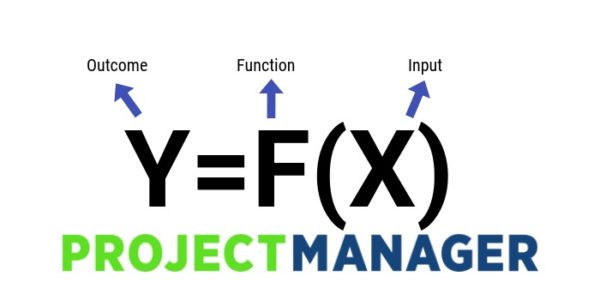



What S Does Y F X Mean How To Use This Powerful Six Sigma Formula



Probability Density Function



Optimization Theory



Increasing And Decreasing Functions




Limits



Http Www Staff City Ac Uk O Castro Alvaredo Teaching Notes2 Pdf




Meaning Of Phi In Spivak S Proof Of Inverse Function Theorem Mathematics Stack Exchange
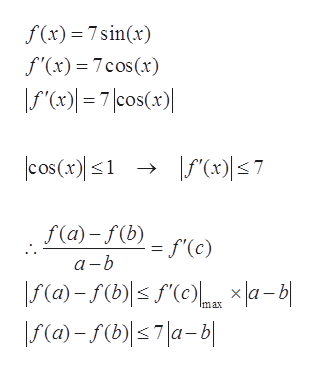



Answered Let F X 7 Sin X F X Is Less Bartleby



Http Maths Dur Ac Uk Dma0wjz B1 Anlec1 Pdf



Increasing And Decreasing Functions




Function Mathematics Wikipedia



1
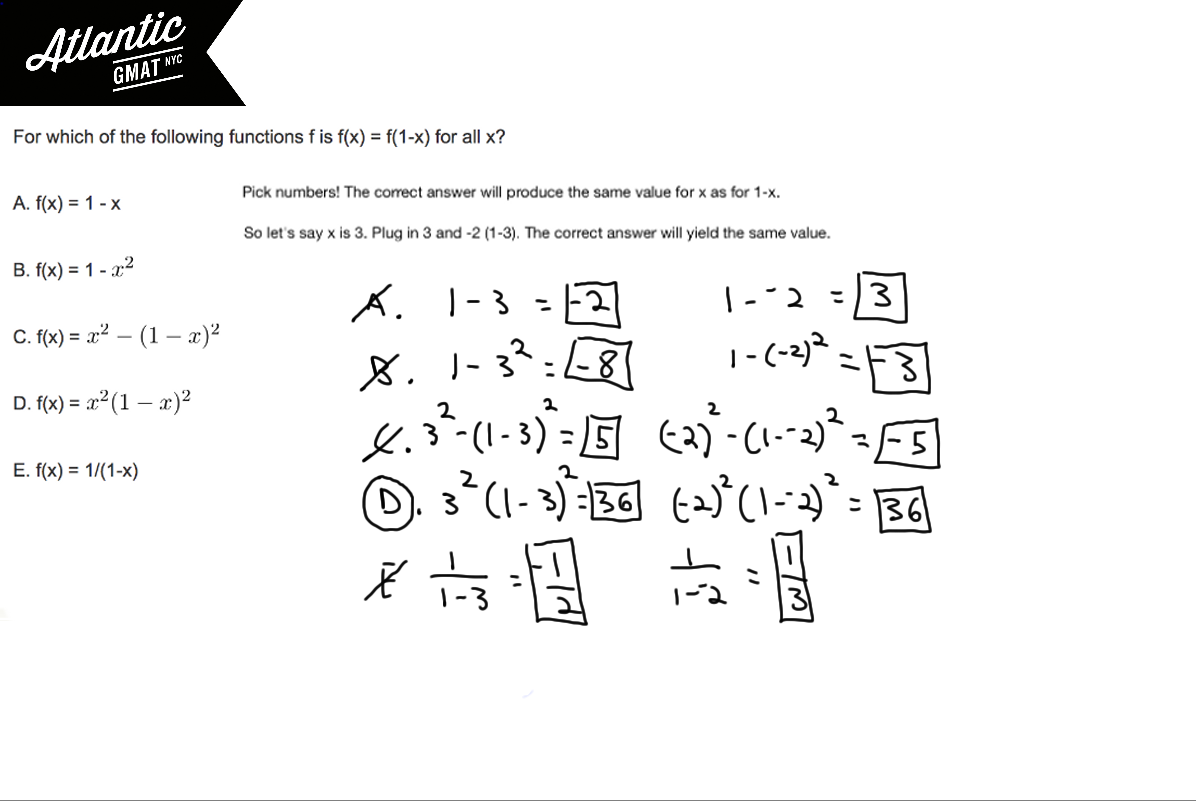



For Which Of The Following Functions F Is F X F 1 X For All X Gmat Tutor In Nyc Online



What Is The Difference Between Y F X And Y F X Quora




Using Function Notation What Is F X Youtube




Function Mathematics Wikipedia



F X Graph




What Is The Meaning Of A Small O In Between Function Names I E F O G Mathematics Stack Exchange



Limit Definition Of A Derivative



Www Jstor Org Stable




Domain Range And Codomain



2
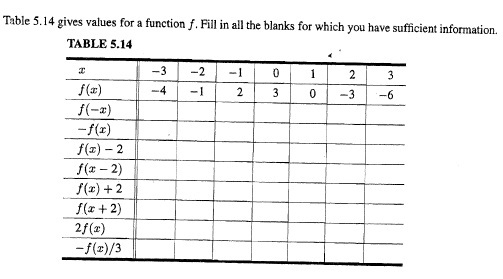



The Agony And Dx Dt The Meaning Of F X



Http Aubg Edu Documents 248



What Does F 1 X Mean Quora




Definition Of The Derivative Youtube




Composition Of Functions Definition Examples Video Lesson Transcript Study Com
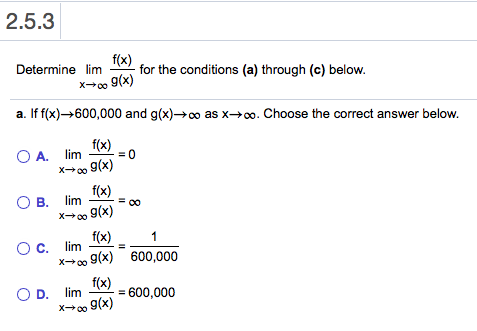



2 5 1 Explain The Meaning Of Lim F X 10 Choose The Chegg Com
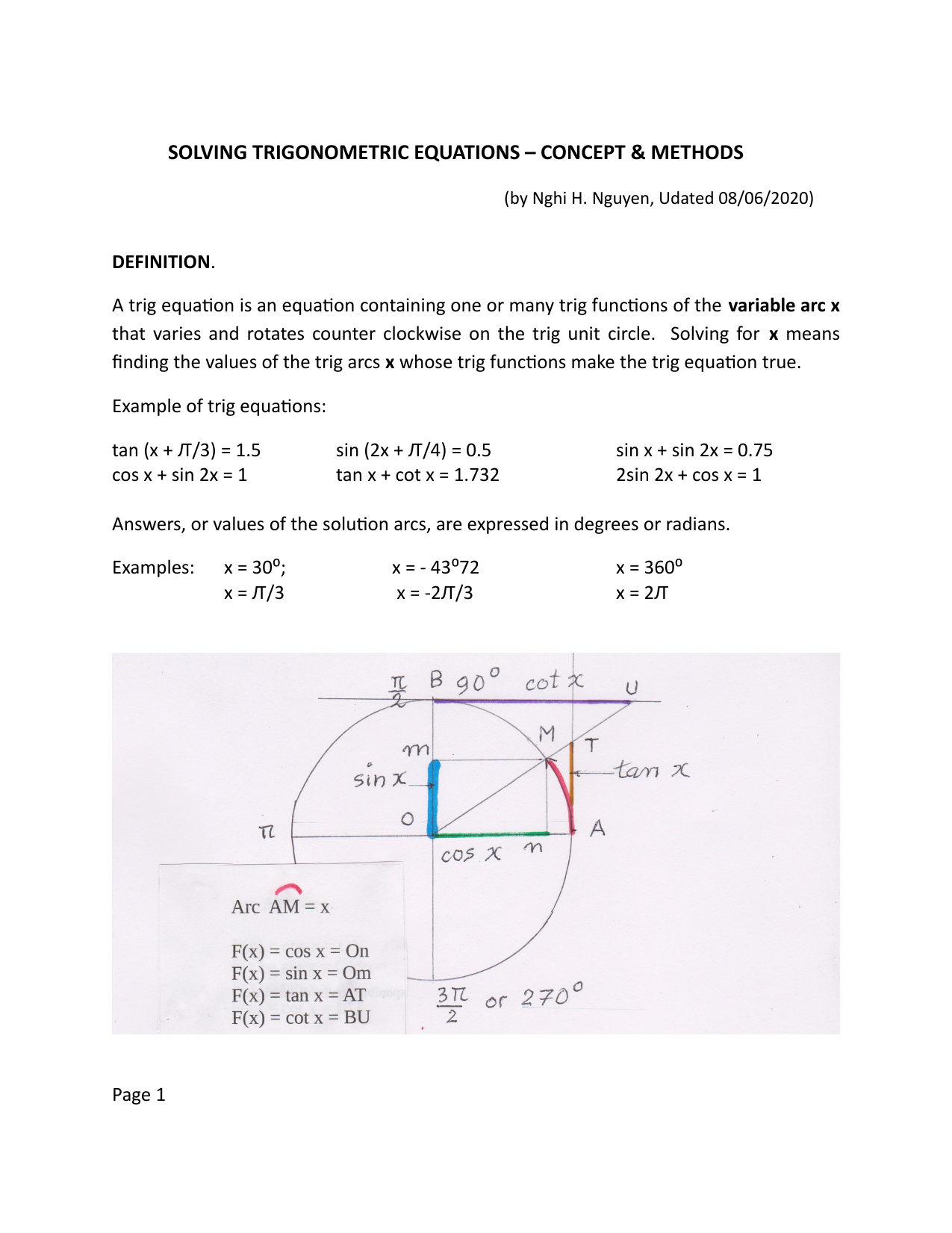



Solving Trigonometric Equations Concept Methods



Solution Find The Range Of F X X 2 2x 1 Determine The Values Of X In The Domain Of 39 F 39 For Which F X 2 2 Means Squared




The Domain Of Definition Of The Function F X Log X Is R B Oo 0 C 0 Oo D R 0




A Toy Illustration Of The Meaning Of Highprobability Safety Guarantees Download Scientific Diagram



What Does F 2 X Mean Is It F F X Or F X 2 Or F X Quora




The Meaning Of The Mixed Partial Derivative F Sub Xy Sub




7 1 What Does Fx Mean Youtube
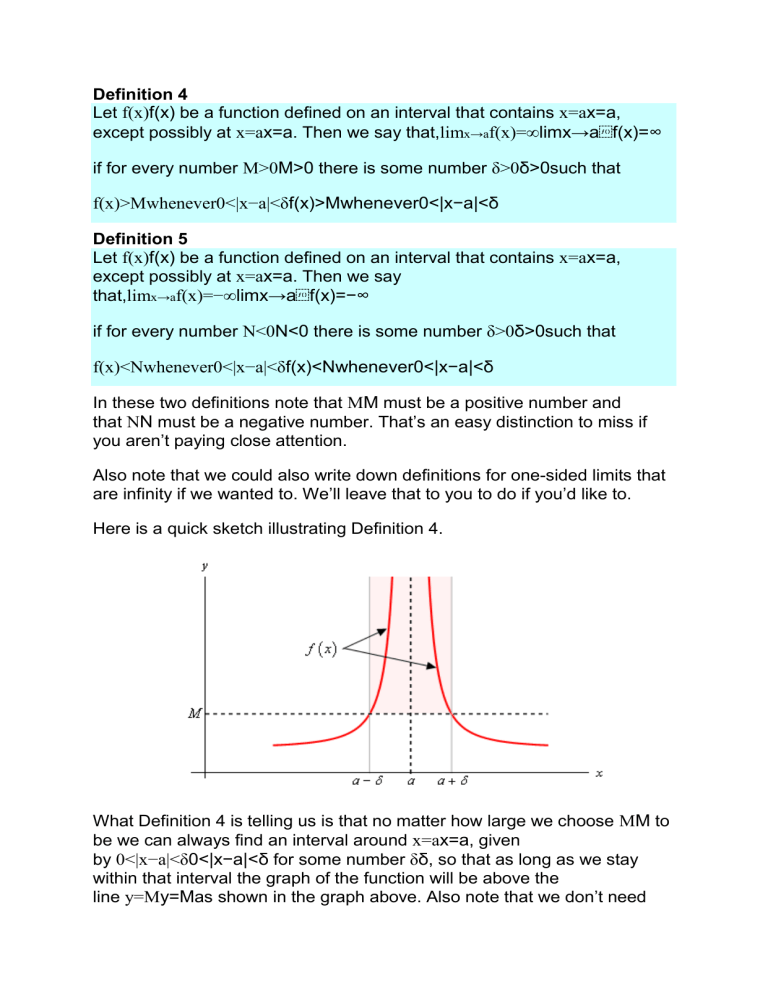



Definition 4




2 5 1 Explain The Meaning Of Lim F X 10 Choose The Chegg Com
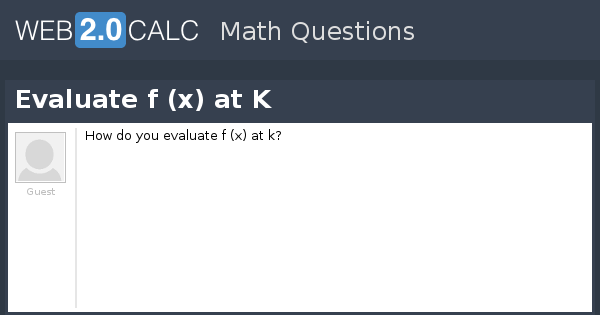



View Question Evaluate F X At K




Inverse Functions Definition A Function Is A Set Of Ordered Pairs With No Two First Elements Alike F X X Y 3 2 1 4 7 6 9 12 Ppt Download



Faculty Math Illinois Edu Aydin Math2 Lecturenotes M2 Sec1 4 Pdf
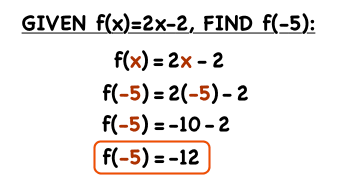



How Do You Find F X If You Have A Value For X Virtual Nerd
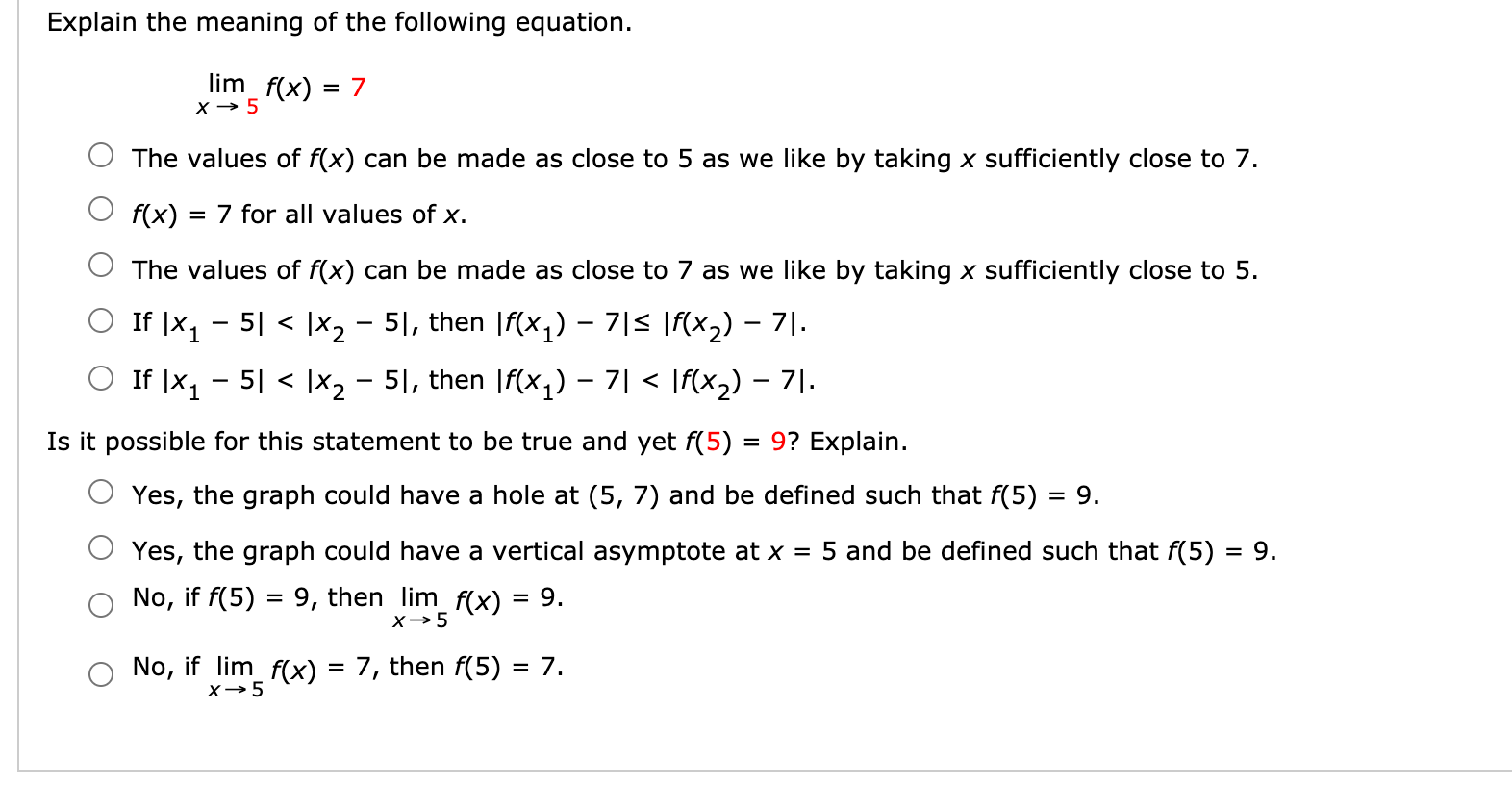



Explain The Meaning Of The Following Equation Chegg Com



1
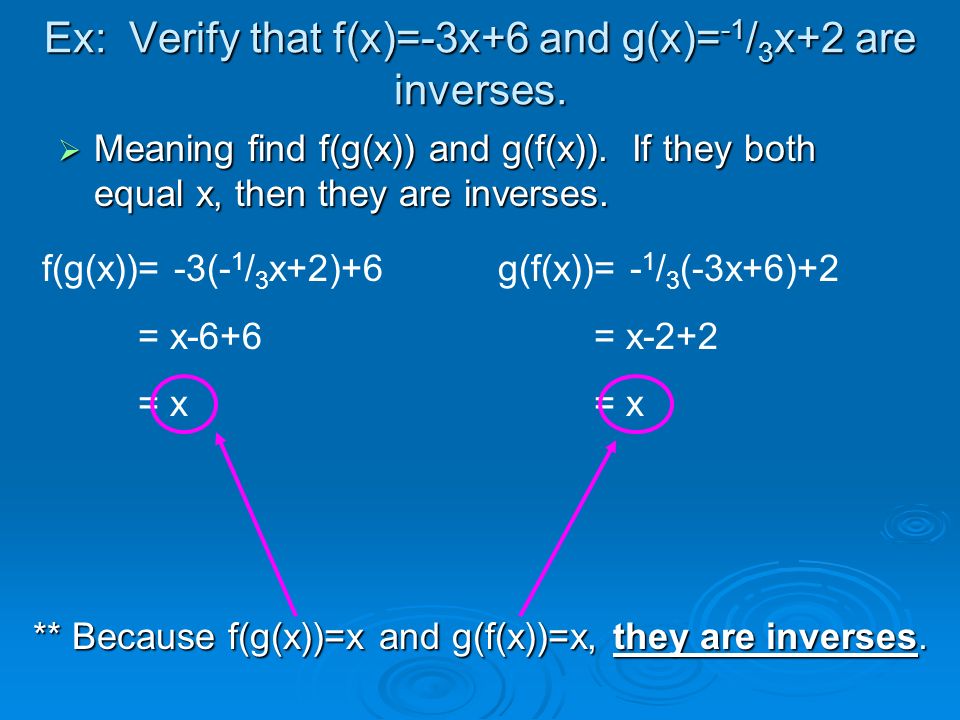



Inverse Functions Given 2 Functions F X G X If F G X X And G F X X Then F X G X Are Inverses Of Each Other Symbols F 1 X Means F Ppt Video Online Download



Www3 Nd Edu Apilking Math Calc1lectures Lecture 3 limits Pdf




6 7 Notes Inverse Functions Notice How The X Y Values Are Reversed For The Original Function And The Reflected Functions Ppt Download



Inverse Functions




What Is The Difference Between Y F X And Y F X Quora



Graphs




Meaning Of The Notation Mathcal F X F X Mathematics Stack Exchange




By Dr Julia Arnold The Algebra Of Functions What Does It Mean To Add Two Functions If F X 2x 3 And G X 4x 2 What Would F G X Be



Users Math Msu Edu Users Magyarp Math133 6 7 Hyperbolic Fcns Pdf




Function Mathematics Wikipedia




The Definition Of The Derivative Wolfram Demonstrations Project



1 1 Functions And Their Graphs



Q Tbn And9gcqnye10zfu7n1e5psc 7oyuuimkr8sjknkcqpbj1hdnr3gsgvai Usqp Cau



Math Scene Derivatives Lesson 2 Differentiating Polynomials
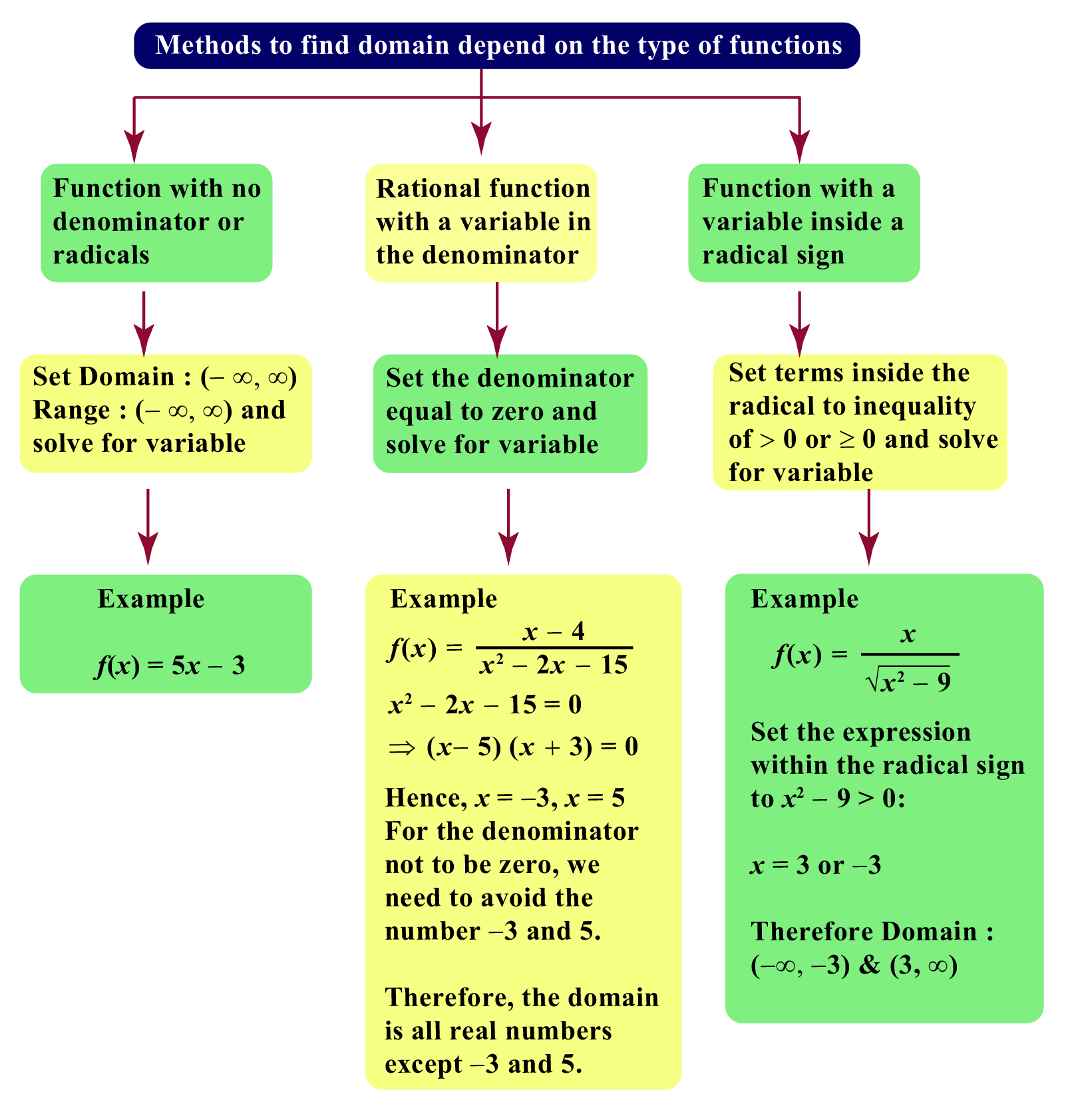



Domain Definition Examples Cuemath
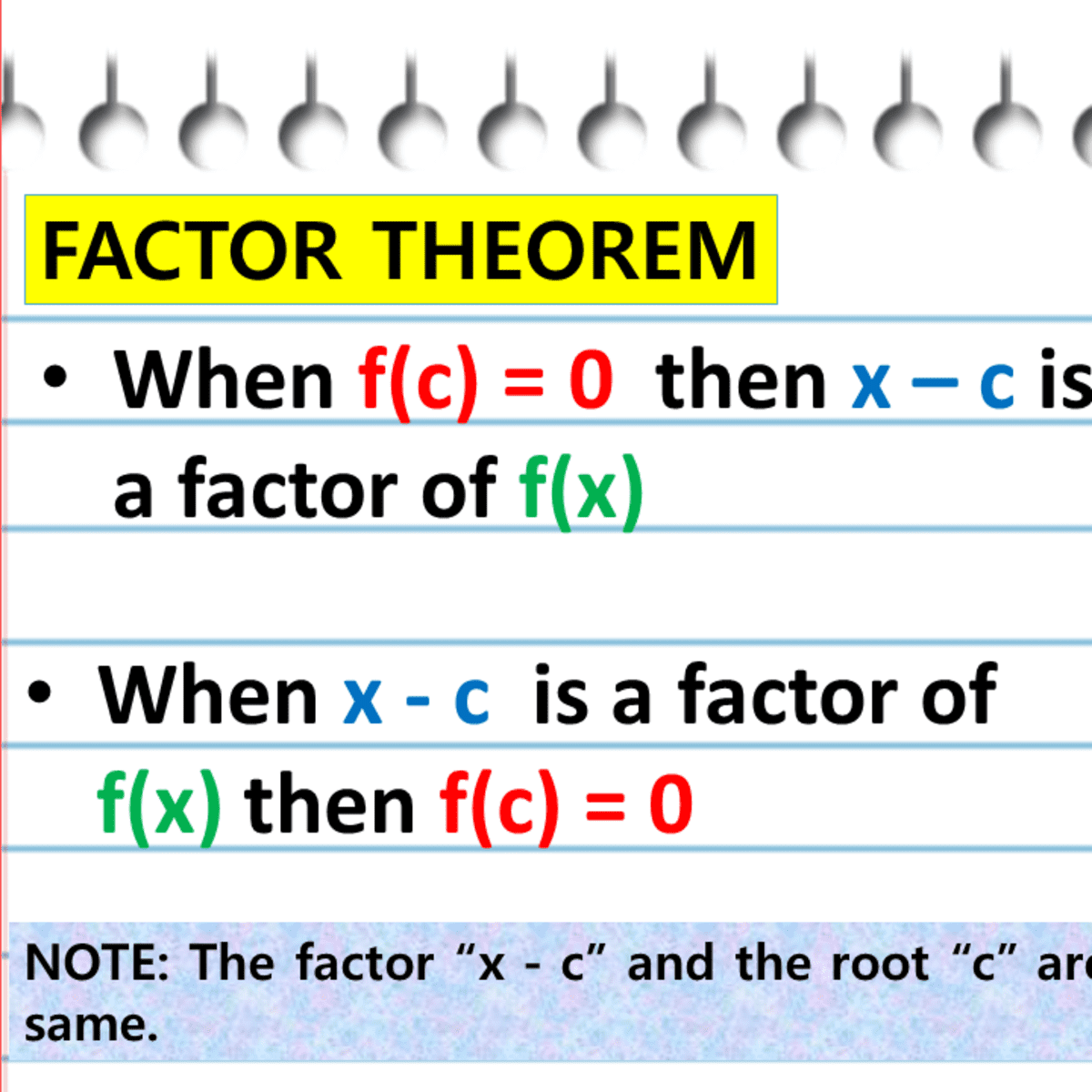



Using The Factor Theorem In Finding The Factors Of Polynomials With Examples Owlcation
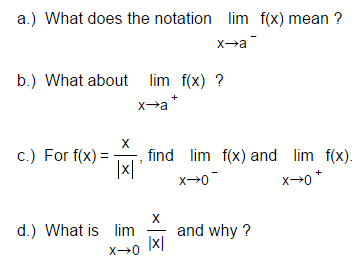



Fx Meaning Text Forex Winner Robot



Graphs Of Functions
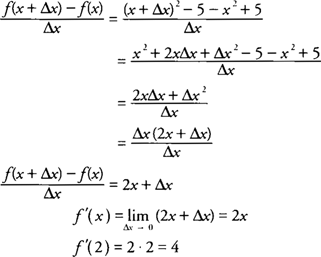



Definition



What Does F X X Mean Quora
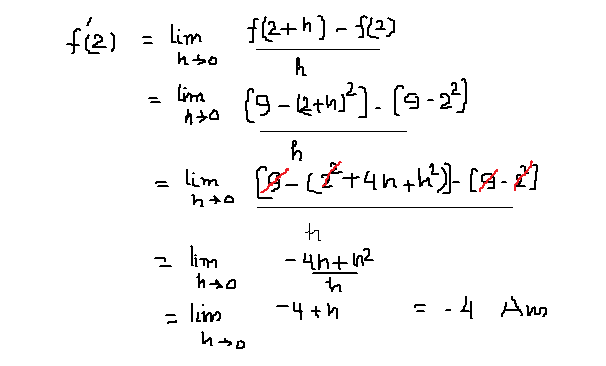



How Do You Find F 2 Using The Limit Definition Given F X 9 X 2 Socratic
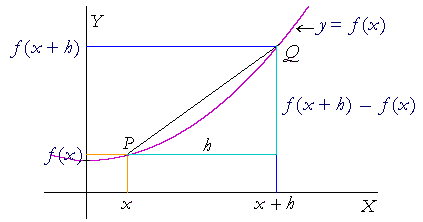



The Meaning Of The Derivative An Approach To Calculus



What Is Calculus
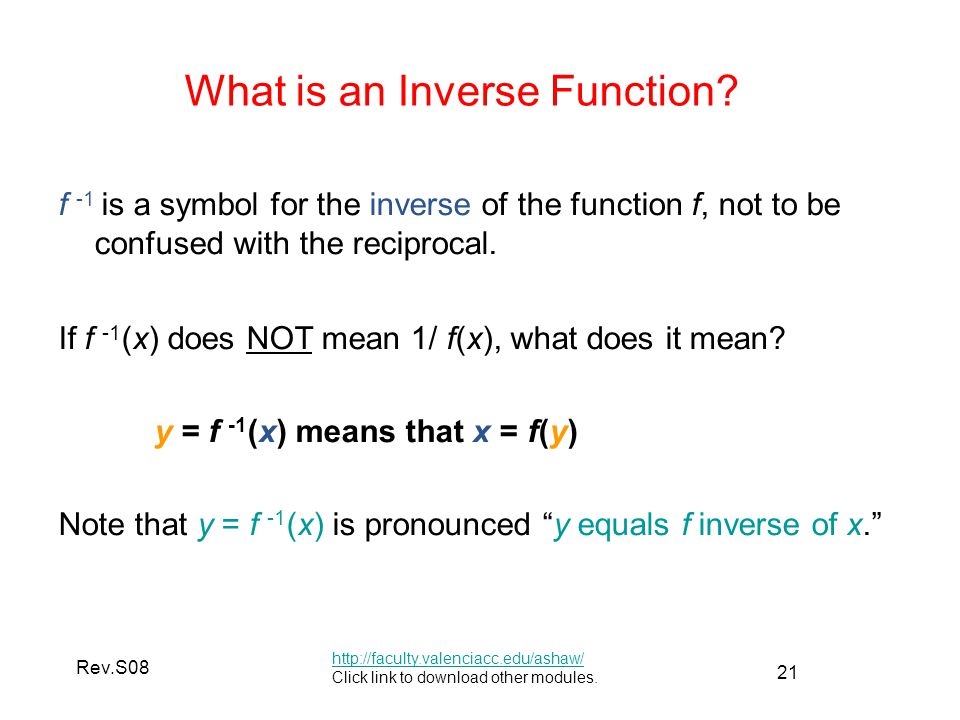



Composite Functions And Inverse Functions Ppt Video Online Download
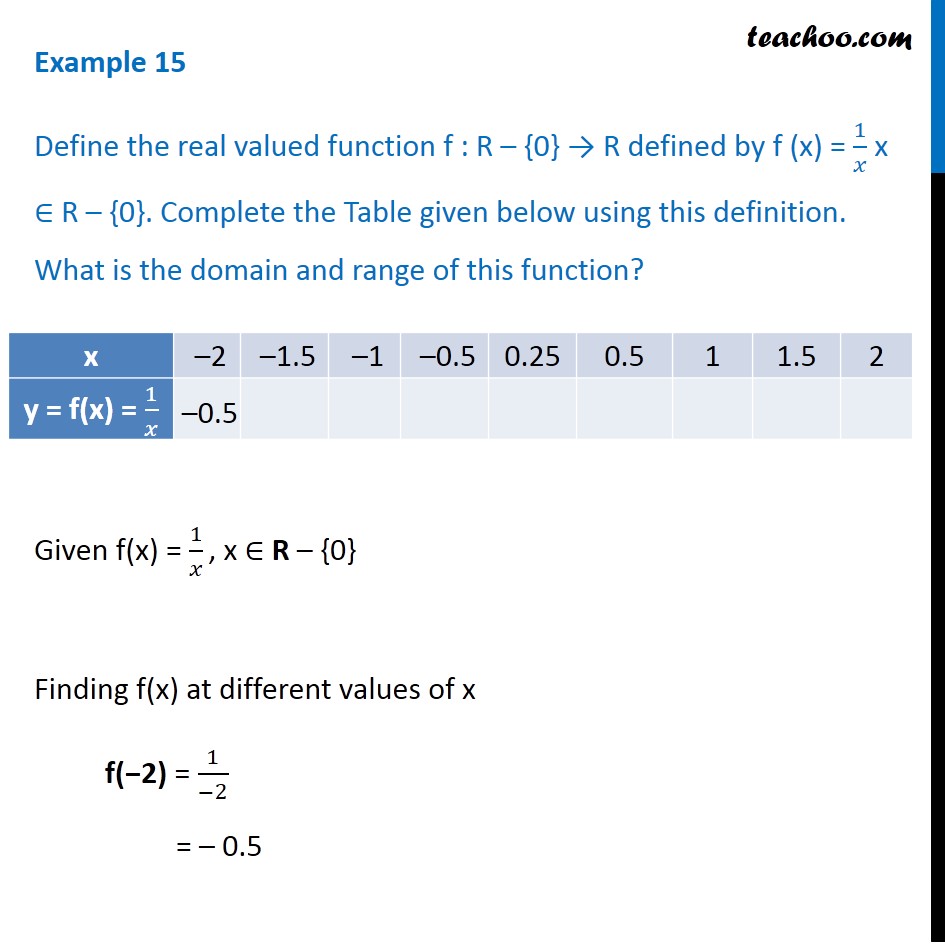



Example 15 F X 1 X What Is The Domain And Range Examples



0 件のコメント:
コメントを投稿